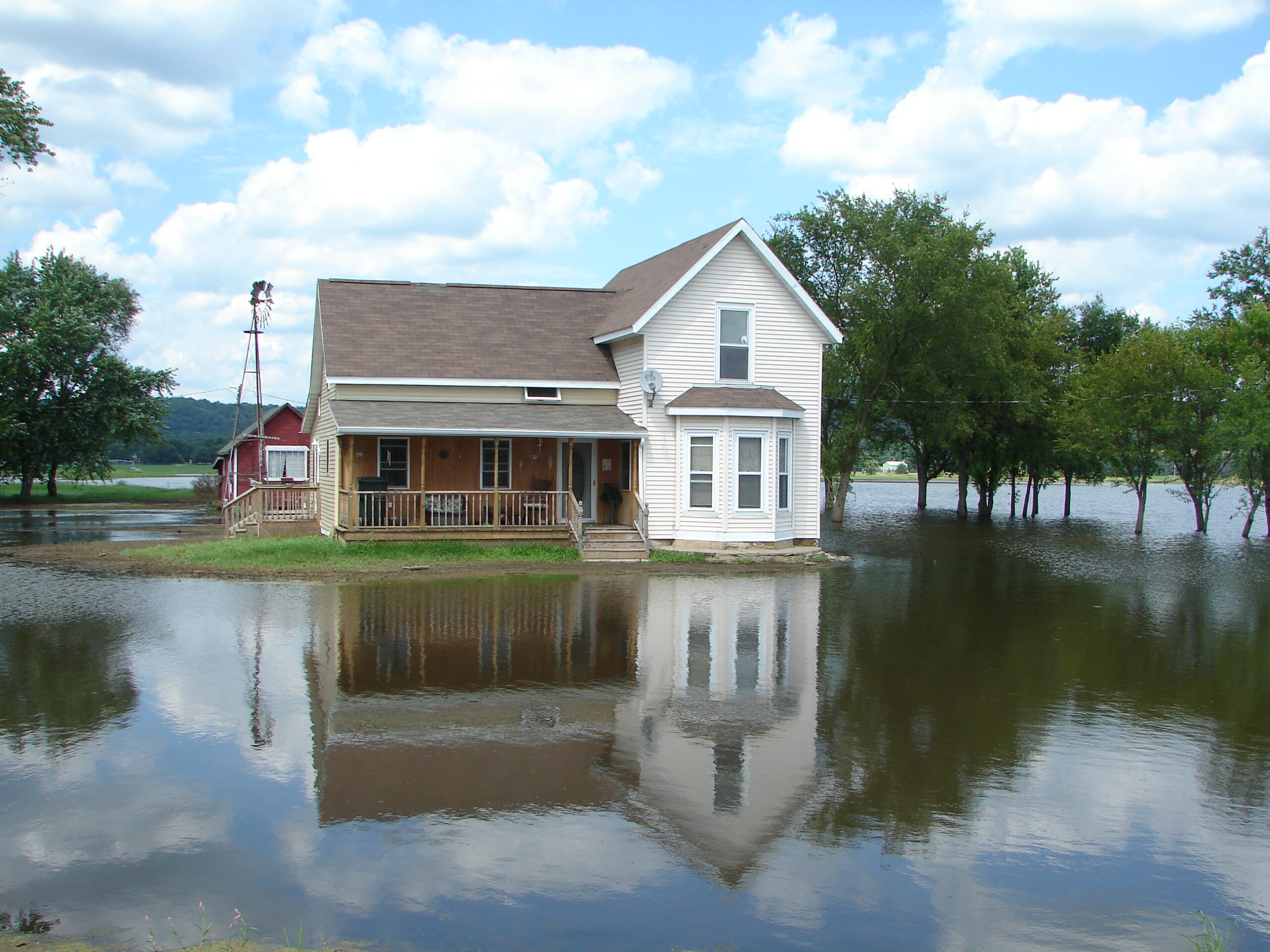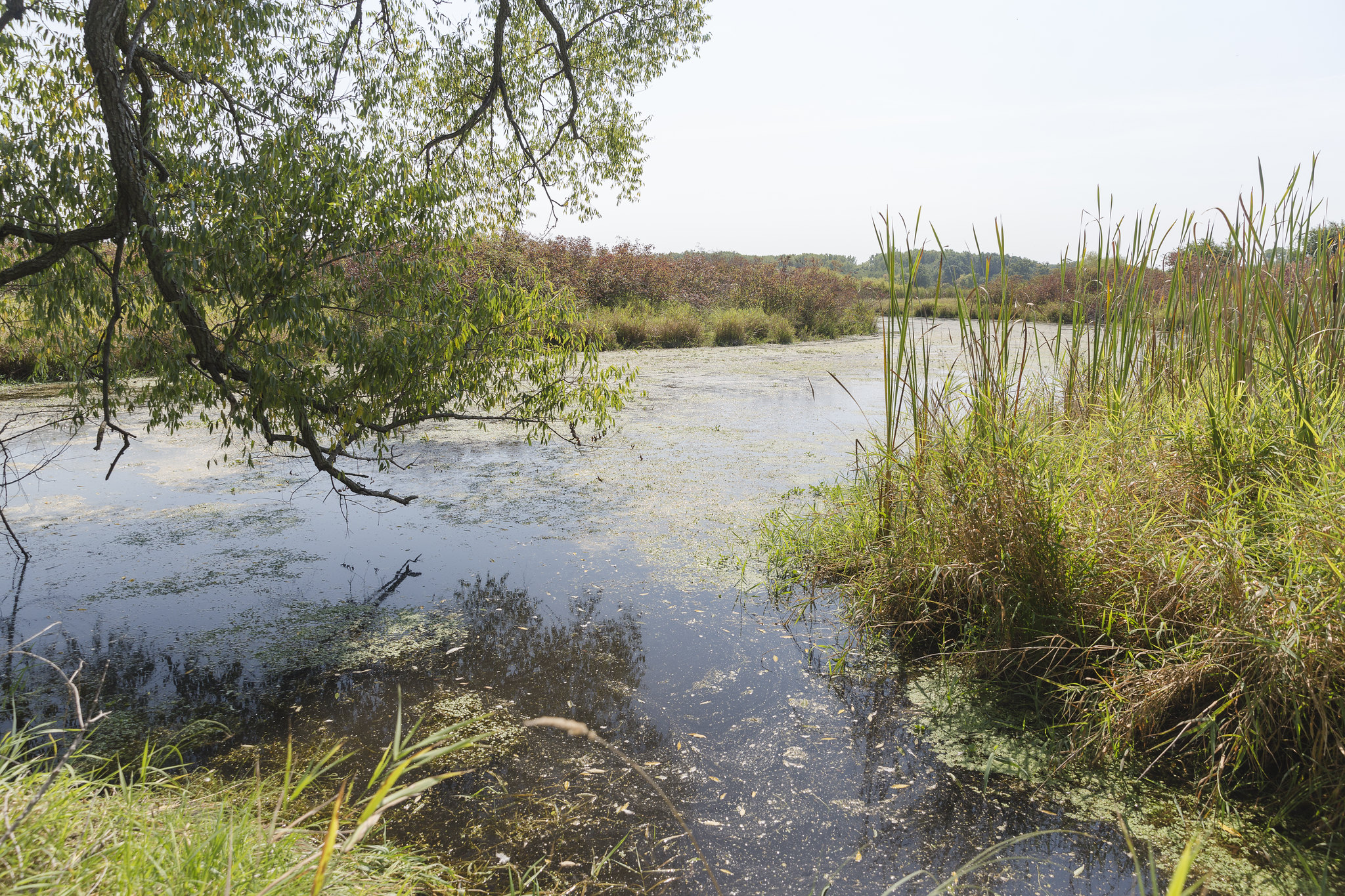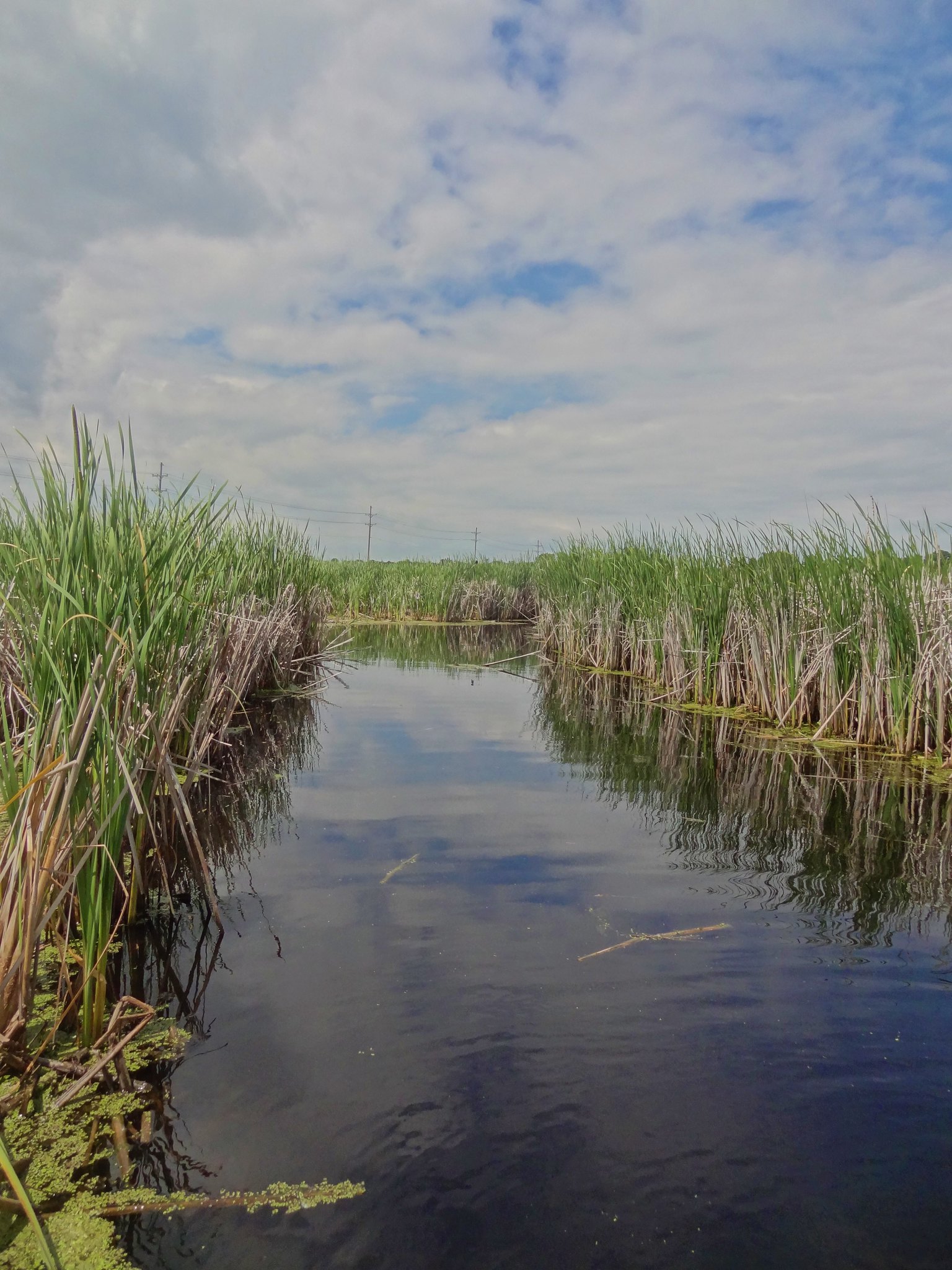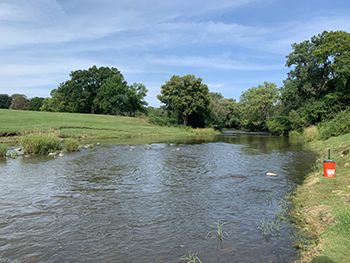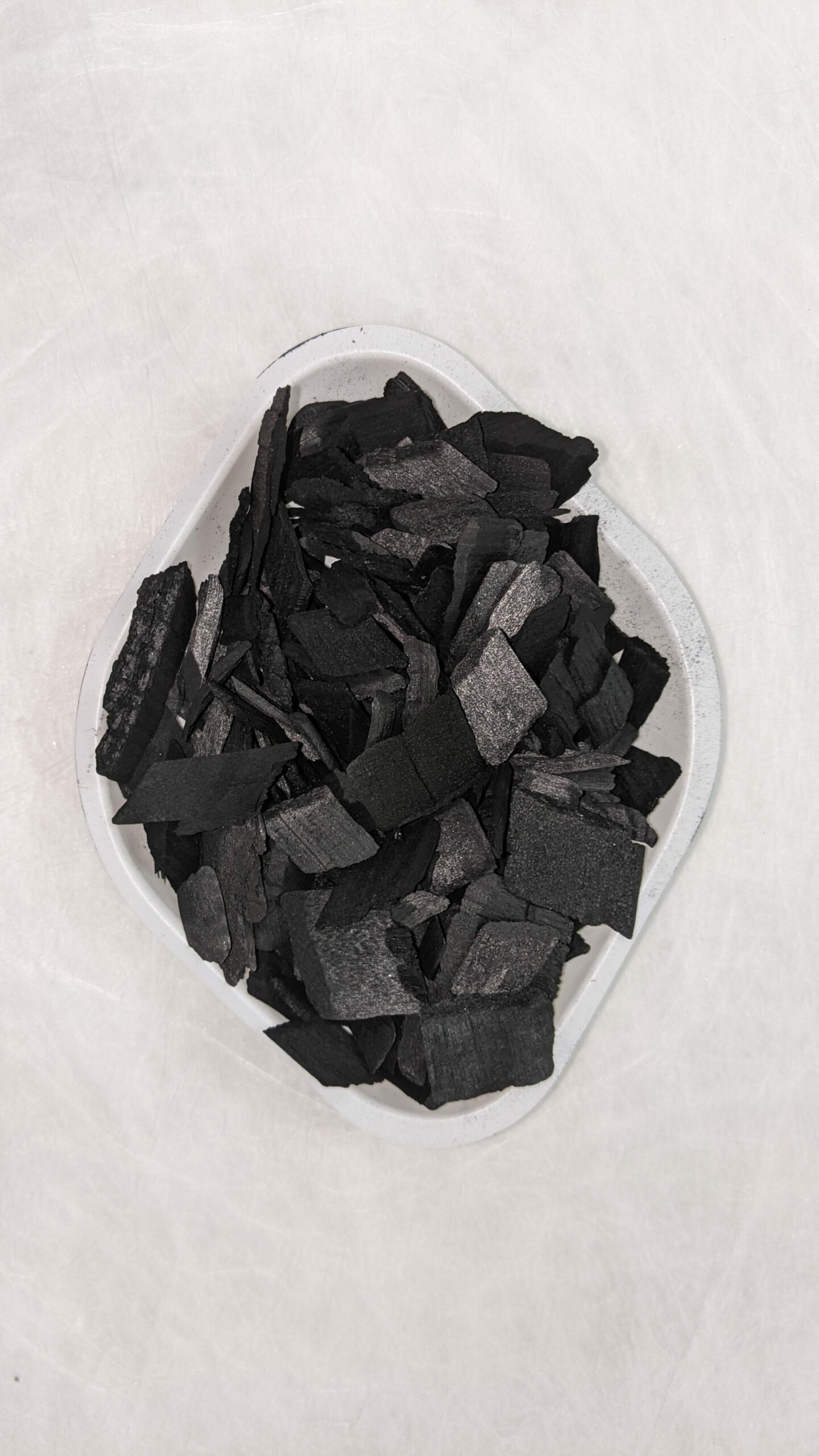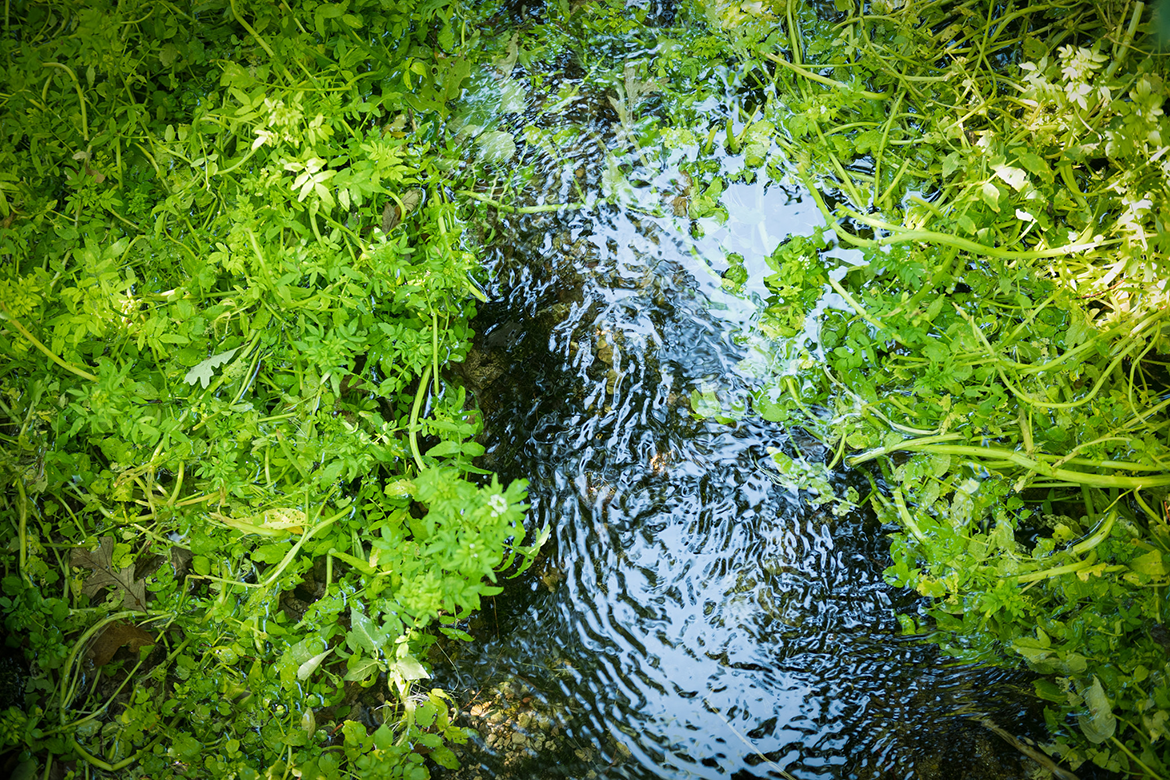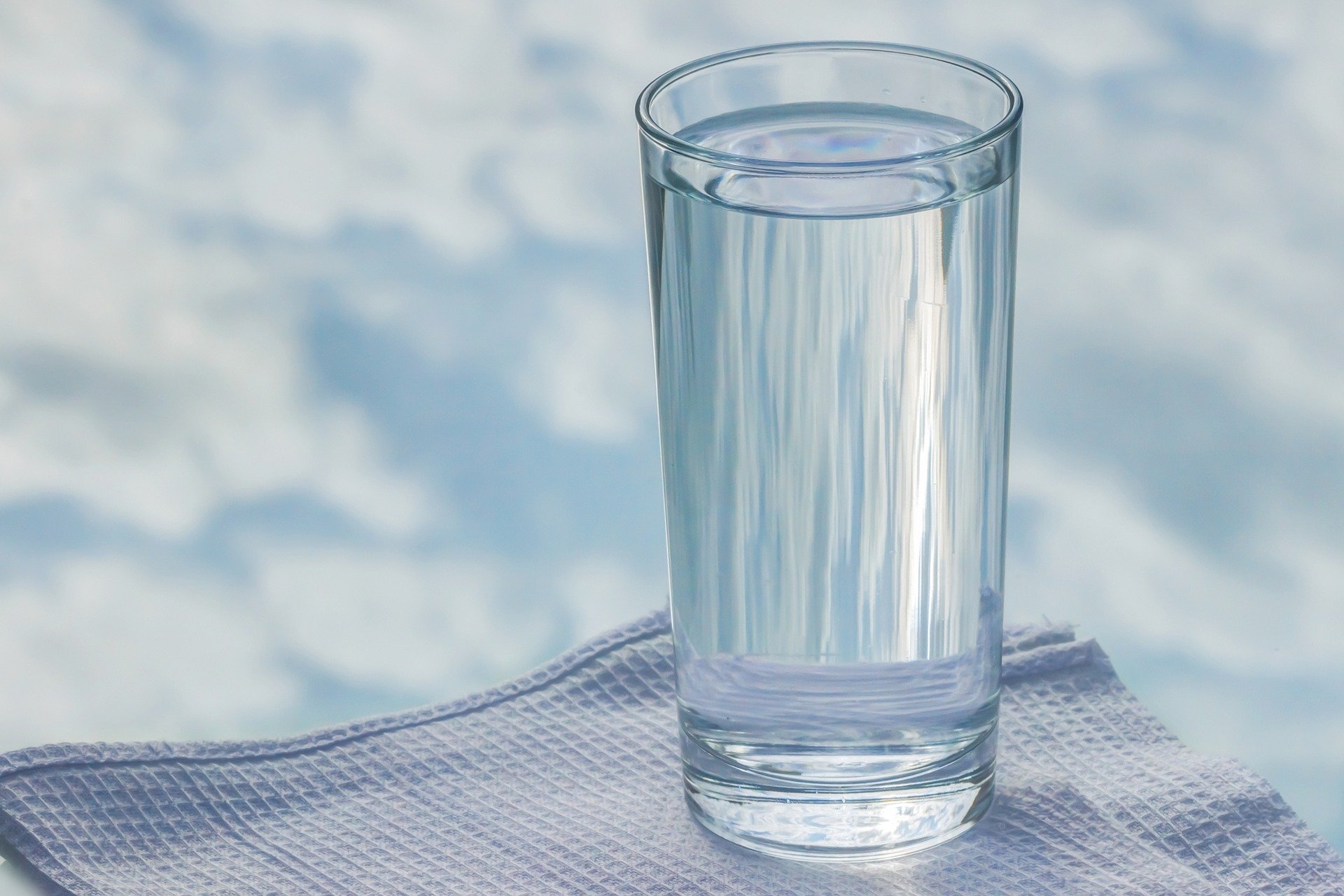Two new research projects about Wisconsin’s groundwater announced
July 6, 2022
A survey of rural views about water and a groundwater flooding research project are new for 2022.
Percolating pollution
May 19, 2022
A Wisconsin Water Resources Institute project is exploring how bacteria and other water contaminants flow through soil by applying a medical technology widely used for cancer imaging.
Decades of proceedings from annual water meetings now available
May 4, 2022
45 years of proceedings from annual conferences of the American Water Resources Association, Wisconsin Chapter, now online.
Annual Symposium Explores Water-Science-Humanities-People Connections
April 7, 2022
Sign up now for free, online water symposium happening on Friday, April 22, 2022.
New undergraduate research program focused on water launched
March 22, 2022
March 29, 2022
The University of Wisconsin Water Resources Institute (WRI) and its sister organization the Wisconsin Sea Grant College Program Tuesday received a $358,000 two-year grant f...
UW-Milwaukee researchers examine road salt’s year-round impact on Wisconsin rivers
February 15, 2022
Research led by geoscience professor Charles Paradis will help policy makers and others balance public safety with environmental health when it comes to road salting practices.
Making a promising soil treatment for nitrate even better
January 24, 2022
Joe Sanford with the University of Wisconsin-Platteville has spent his academic career getting his hands dirty. The assistant professor of soil and crop science has been studying uses for biochar, a form of charcoal that’s made by burning wood and plant byproducts (pine chips or dried corn plants) under low oxygen conditions.
2021 Year in Review
December 16, 2021
It’s the contributions from water researchers and managers that help us all understand and protect these precious assets. Here is a year in review of University of Wisconsin Water Resources...
Radium and strontium researchers take a seat at the table
October 13, 2021
Scientists have mapped the aquifer underlying Fond du Lac County, enabling water systems to better manage the quality of drinking water.

